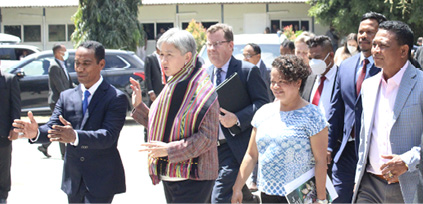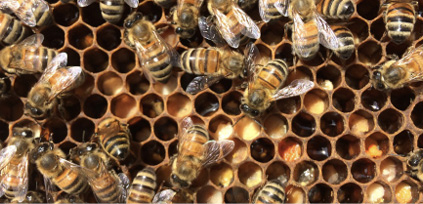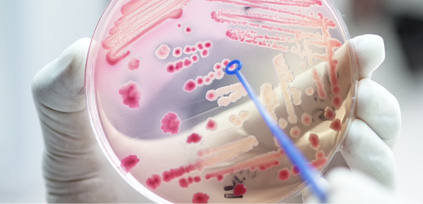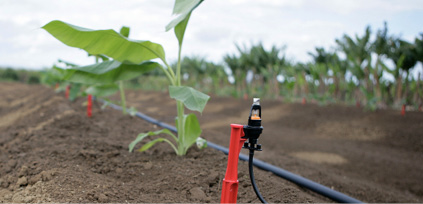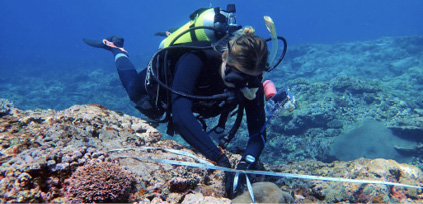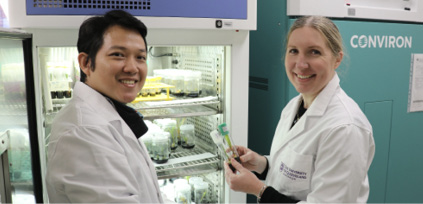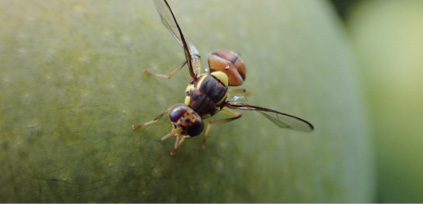The Australian Centre for International Agricultural Research (ACIAR) was established to help solve challenges faced by farmers in Australia’s neighbouring countries, and in the process, contribute to sustainable economic growth and enhanced regional stability. In fulfilling this role, ACIAR has also contributed to developing the knowledge base of Australian agricultural science.
The improved practices and technologies that are developed through ACIAR-funded projects overseas also address challenges for agriculture, fisheries and forestry here in Australia.
Through building Australia’s knowledge base and the capacity of researchers in Australia and partner countries, ACIAR is regarded as a trusted science partner across the region. It is hard to put a dollar value on the soft power benefit of the contribution that ACIAR makes as a broker of agricultural science collaborations. The benefits to Australia from co-investing in building scientific capacity in the region are evident in some issues at the forefront of social and political interest for the Australian public.
